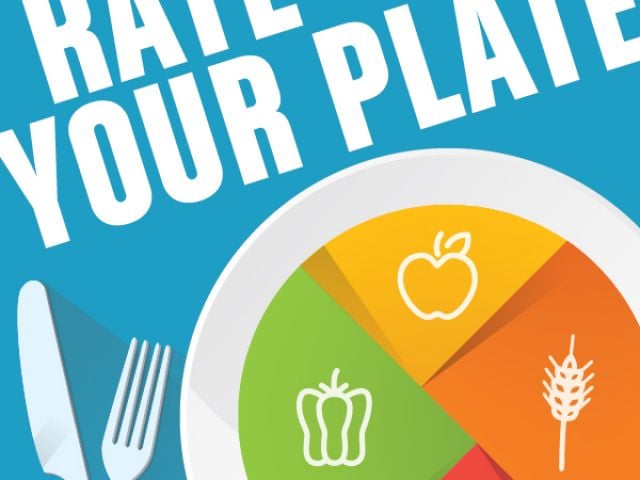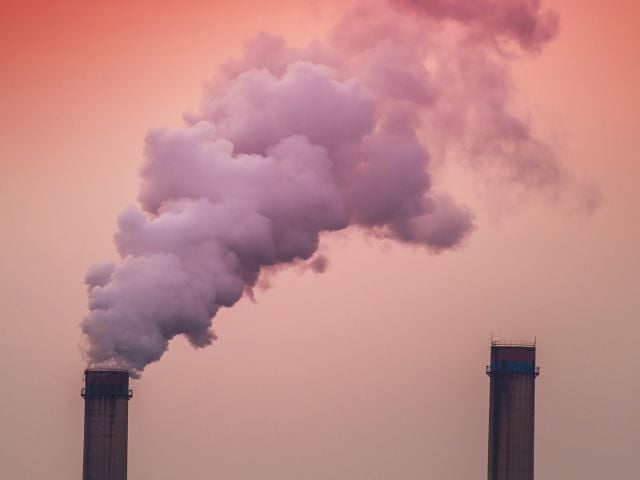Displaying 97 - 120 of 414
Government Asked to Evaluate the Cancer-Causing Potential Of Fluoride in Tap Water
Nonstick Chemicals: A Hydra-Headed Family of Toxic Compounds
Banning or restricting toxic chemicals one at a time is like fighting the mythical hydra: For each head cut off, multiple replacements appear that may be just as hazardous. There's no better example...

OUT NOW: EWG’s 2020 Shopper’s Guide to Pesticides in Produce™
Nearly 70 percent of the fresh produce sold in the U.S. contains residues of potentially harmful chemical pesticides, according to the Environmental Working Group's 2020 Dirty Dozen™. Yet the dirtiest...

What Does a Good Breakfast Cereal Look Like?
Breakfast cereals like Kellogg's Corn Flakes and General Mills' Cheerios have been breakfast table regulars for nearly a century. Many of us think of them as a healthy way to start the day. After all...

Mercury Falling

Corn Ethanol: A Lump of Coal in Your Christmas Stocking
In 2007, corn ethanol was offered up as an environmentally friendly alternative to gasoline. But nearly seven years to the day since Congress put it in play, we're still not seeing the benefits. In...

EPA Watchdog Probes Climate Pollution from Dirty Corn Ethanol
The federal Renewable Fuel Standard is supposed to promote fuels that emit less global warming pollution than gasoline. But it's done just the opposite, stimulating a boom in ethanol made from corn...

EWG News Roundup (Oct. 21): Water Contamination, Food Policy and Conservation
Beginning this Friday, EWG will post news you can use – some of the recent media coverage featuring our content and spokespeople.

EWG Comments on Ethanol Regulations
Washington, D.C. – The Environmental Protection Agency's proposal to reduce the amount of corn ethanol blended into gasoline is a small step in the right direction, EWG said in comments submitted to...
Support for overfishing?
EWG Stands By Its Vitamin A Sunscreen Warning
U.S. Pediatricians to Congress: Reform Chemical Policy Now

EWG Comments to the California Office of Environmental Health Hazard Assessment on Glyphosate Exposure
Below and attached are comments EWG has submitted to the California Office of Environmental Health Hazard Assessment on the agency’s proposed No Significant Risk Limit for human intake of Monsanto’s...
With Water in Mind
Sunscreen series: Does sunscreen use prevent skin cancer?
19 Best-Scoring Sunscreens for Babies and Kids

EWG’s Ken Cook Recognized by Mount Sinai’s Children’s Environmental Health Center
Environmental Working Group President Ken Cook will be the featured guest and honoree today (May 16) at the annual Greening Our Children event hosted by the Children's Environmental Health Center...

Plan to Add Fluoride to Southern California Tap Water will put 64,000 Kids at Risk
EWG Comments on Use of Term "Healthy" in the Labeling of Food Products
Where Does All That Corn Ethanol Come From?
In recent years, millions of acres of America's native grasslands have been plowed under to grow corn for ethanol to blend into gasoline. And new research is clearly pointing to the federal ethanol...

Kernel-nomics: Big Ethanol's Inflated Job Claims

NAS Committee Meets on Testing of Pesticides, Toxic Chemicals on Humans
Two new bills target toxic food chemicals in New York

Can’t Handle the Food Truth?
Food industry lobbyists are none too pleased with EWG's new scoring system for foods
